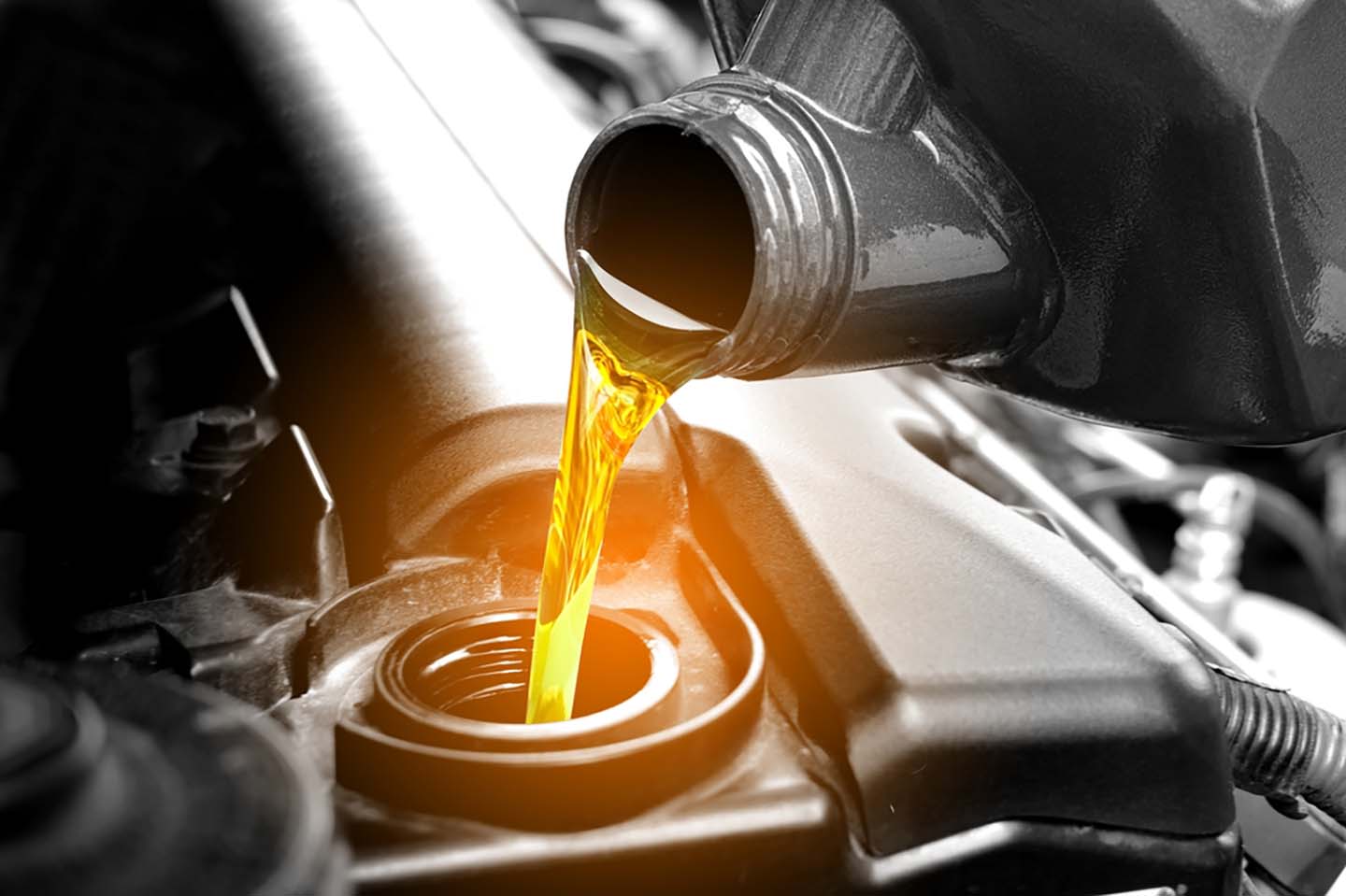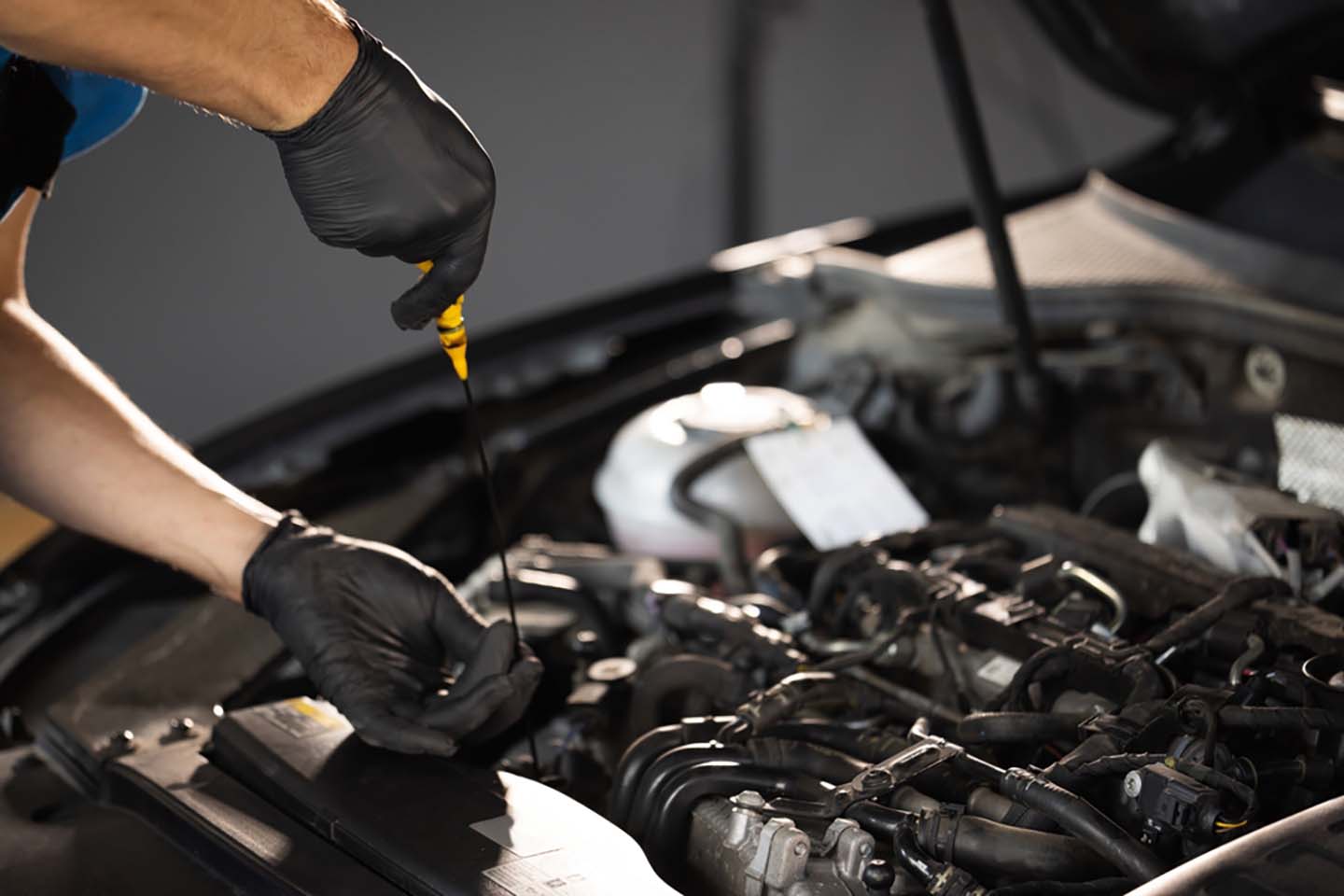How Often Do Diesel Cars Need Oil Changes?
Dec 16th 2024

Me dia/shutterstock
Diesel isn’t just for trucking. For generations, these engines have powered hard-working commercial trucks, buses and vans across the U.S. Now, passenger diesel cars are winning over everyday drivers looking to save money, increase efficiency and increase power. From the BMW 328 to the Jaguar XE and XF, these vehicles last longer, can tow more and utilize fuel more efficiently than petrol-gas cars.
Switching to a diesel car for everyday driving requires additional maintenance, including frequent oil changes, and understanding how these engines differ from their gas counterparts. Learn how and when to change the oil on a diesel car.
When to Change the Oil on a Diesel Car
Diesel cars need their oil changed every 7,500 to 10,000 miles under moderate driving conditions. Sedans are best used for commuting and long-distance highway driving, which require less frequent oil changes.
When towing heavy loads like a camper or trailer, change the oil every 5,000 to 7,500 miles. The added weight puts extra pressure on the engine, depleting oil quality faster than usual. Change the oil every 3,000 to 5,000 miles on older cars and when pushing the limits of your towing capacity and towing long distances.
The frequency also depends on the climate. Oil becomes less viscous in cold weather, making it harder to circulate throughout the engine. Hot weather and aggressive towing will burn off the oil, depleting your supply.
NOTE: Idling uses oil even though you’re not racking up miles. An hour of idling equals roughly 30 miles of driving.

mpohodzhay/shutterstock
Signs Your Diesel Car Needs an Oil Change
The quality of your oil determines engine performance and vice-versa. When the oil is low, contaminated or blocked by debris, oil pressure drops, which reduces fuel pressure and efficiency. The oil helps pressurize the fuel before being injected to ensure a complete burn. If the fuel fails to burn, the engine produces less power.
Don’t wait for your car to reach the recommended mileage intervals to change the oil. The above ranges are only a reference and may not be advisable when complications arise. Check oil quality if you notice the following:
- Reduced acceleration
- Poor fuel efficiency
- Excess vibrations
- Rough idling
- Dark smoke from the exhaust
- Clanking, rumbling or hissing sounds
Low oil pressure should activate the check engine light, but monitoring vehicle performance closely and checking the oil weekly, if not daily, will prevent minor performance issues from turning into complex problems requiring extensive repairs.
Use a dipstick to check the oil color. Clean oil will appear amber, while dirty oil looks brown or black. Compare the level to the manufacturer’s guidelines and tank capacity. Every model requires a set amount to function at optimal efficiency. How much is the 6.7 Powerstroke oil capacity?
Shop All Diesel Oil System Parts
Toa55/shutterstock
Diesel Car Oil System Maintenance
Diesel cars need more than just fresh oil to maintain efficiency. The entire oil system should be serviced if you’re burning through it faster than usual or it regularly appears cloudy. Debris in the oil system will only contaminate the fresh batch, repeating the cycle until you address the underlying issue.
Diesel engines use a high-pressure pump to distribute the fuel. The oil cooler reduces the temperature so that the oil can be recycled with every rotation. The oil filter removes particulate matter but will clog as dirt and soot accumulate. Find replacement high-pressure oil pumps (HPOPs) to keep the pressure at the correct PSI. Change the oil cooler if the system runs hot, and replace the filter to maintain the flow.
Changing the Oil on a Diesel Car
Changing the oil on diesel cars isn’t all that different from gas cars. Both types of engines rely on clean oil for lubrication, but diesel vehicles need more frequent changes because their performance is directly tied to oil quality. Fuel pressure, efficiency and power will all drop as oil levels remain low, the oil is contaminated or the passageways are clogged.
Keep a close eye on your vehicle’s oil system to address issues as soon as they appear. Buy related diesel parts online to service common issues immediately so your fleet can get back to work without wasting fuel.
